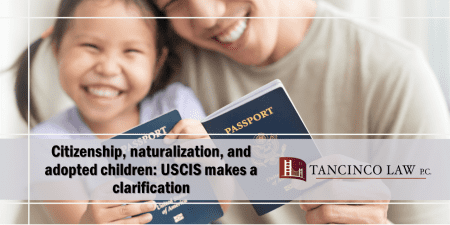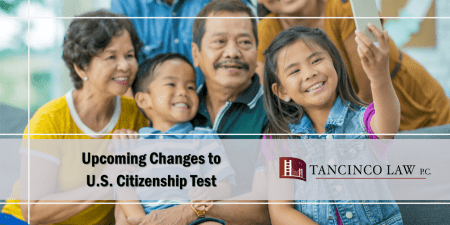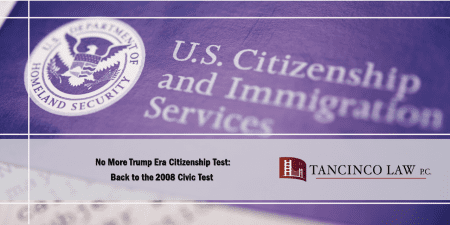The USCIS on April 21 announced an update on its policy manual to clarify guidance regarding the application of citizenship and naturalization provisions on adopted children.
This includes:
- The requirements for adopted children to meet the definition of a child for citizenship and naturalization purposes, including having an adoption that is considered full, final, and complete for immigration purposes;
- The eligibility for US citizenship for adopted children who reside in the United States and how to obtain a Certificate of Citizenship;
- The eligibility for US citizenship for adopted children who reside outside of the United States and how to apply for citizenship and issuance of a certificate; and
- The guidance on the acquisition of citizenship and naturalization when an adoption is disrupted or dissolved.
This update does not mean any change for the requirements for adopted children to become US citizens.
Need help with naturalization? Reach out to your trusted immigration lawyer.






